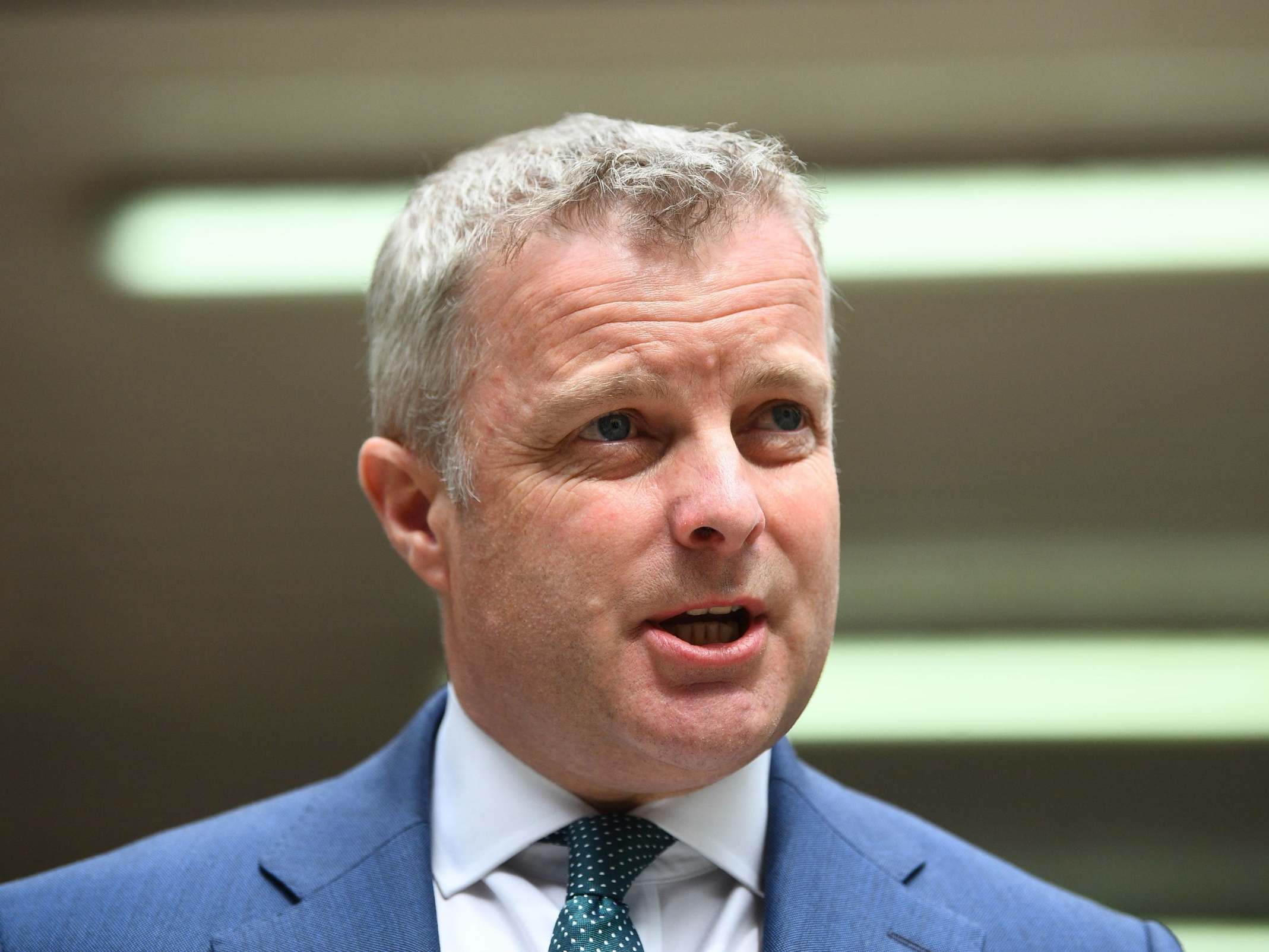Boris Johnson could face parliamentary majority of one after becoming PM, Tory MPs warn
Government insider predicts Conservatives’ command of Commons will ebb long before 2022 election
Boris Johnson’s working majority in the House of Commons could be reduced to a single seat soon after he takes office if he wins the race to succeed Theresa May, Conservative MPs have warned.
And one member of the government admitted the wafer-thin margin which allows the Tories to govern with the support of the Democratic Unionist Party is likely to melt away altogether long before the next scheduled general election in 2022.
Mr Johnson has dismissed talk of a snap election, but the member of government said the new prime minister will be lucky if parliamentary arithmetic allows him to hold on for much more than 18 months.
Ms May’s successor will face a by-election challenge within days of taking office on 24 July, with Brecon and Radnorshire widely expected to fall to the Liberal Democrats on 1 August, reducing his working majority from four to three.
And another by-election could come soon afterwards, with one Tory MP said to be mulling over resigning to return to a career in the City.
Incumbent parties rarely perform well in by-elections – and, until European Union withdrawal is delivered, any faint Conservative hope of holding onto seats is almost certain to be dashed by the defection of large swathes of voters to Nigel Farage’s insurgent Brexit Party.
A number of Conservative MPs who spoke to The Independent on condition of anonymity said morale among their ranks had been battered by the long-running Brexit saga and increasingly vitriolic abuse from members of the public on both sides of the Remain/Leave divide.
MPs are frustrated by the way Brexit has swallowed up vast amounts of parliamentary time, diverting energy away from their own priority issues, with no end in sight.
One senior MP admitted some colleagues are simply bored by the endless examination of details of tariff schedules, trade deals and border arrangements, at the expense of subjects which they regard as more pressing.
“There are a lot of people who aren’t actually very interested in the Europe issue,” he said. “They’ve come up here to get things done that matter to them and their constituents, and they’ve found themselves having to spend all their time getting their heads around the minutiae of customs unions, and they are actually quite resentful of that.”
Meanwhile, those who have spoken out against a no-deal Brexit – like Dominic Grieve, Sam Gyimah and Antoinette Sandbach – have found themselves the target of concerted campaigns to deselect them as candidates for the next election.
No names have yet publicly emerged of MPs considering resigning their seats, but another senior Tory told The Independent that there was talk in the tearooms of individuals who might throw in the towel. “There are people in here who have had enough of it all,” he said. “I know of at least one MP who is thinking about moving back to the City.”
The natural process of by-elections due to resignations, deaths or scandals can be expected to wipe out the new PM’s working majority before too long, said a government member. By-elections have come along at a rate of around three or four a year over the course of this decade, and the Conservatives have lost more than half of those they were defending in that period.
The member of government said the expected rate of attrition could be expected to tip the balance against the new PM by about May 2021. “That’s less than 24 months away, but there are bound to be by-elections in that time,” he said. “I very much doubt that we will make it until 2022.”
With 312 Tory MPs, the new PM will be 14 short of the 326 needed to command the support of more than half of the members of the Commons. But because Sinn Fein’s seven MPs do not take their seats and the speaker and his deputies do not vote, the actual number needed for a working majority is 320. If he can maintain Ms May’s confidence-and-supply arrangement with the DUP, the new PM will have a working majority of four.

But if Tory Chris Davies loses Brecon and Radnor to the Lib Dems in the by-election, prompted by his expenses fraud, that will be cut to three. And any further by-election defeat would leave a single-seat working majority, as Tories lose one and the opposition gain one.
Mr Davies’ central Wales seat has been in Liberal hands for 25 of the past 34 years, and the party’s Jane Dodds is pressing hard, with the assistance of Remain-backing Greens and Plaid Cymru standing aside. Ms May has made clear she will stay on as MP for Maidenhead after she stands down as PM, saving her successor the headache of another vote immediately after he takes office.
However, whether it is Mr Johnson or his rival Jeremy Hunt who takes residence in 10 Downing Street later this month, the clock will be ticking on their next by-election challenge.
Join our commenting forum
Join thought-provoking conversations, follow other Independent readers and see their replies
Comments
Bookmark popover
Removed from bookmarks